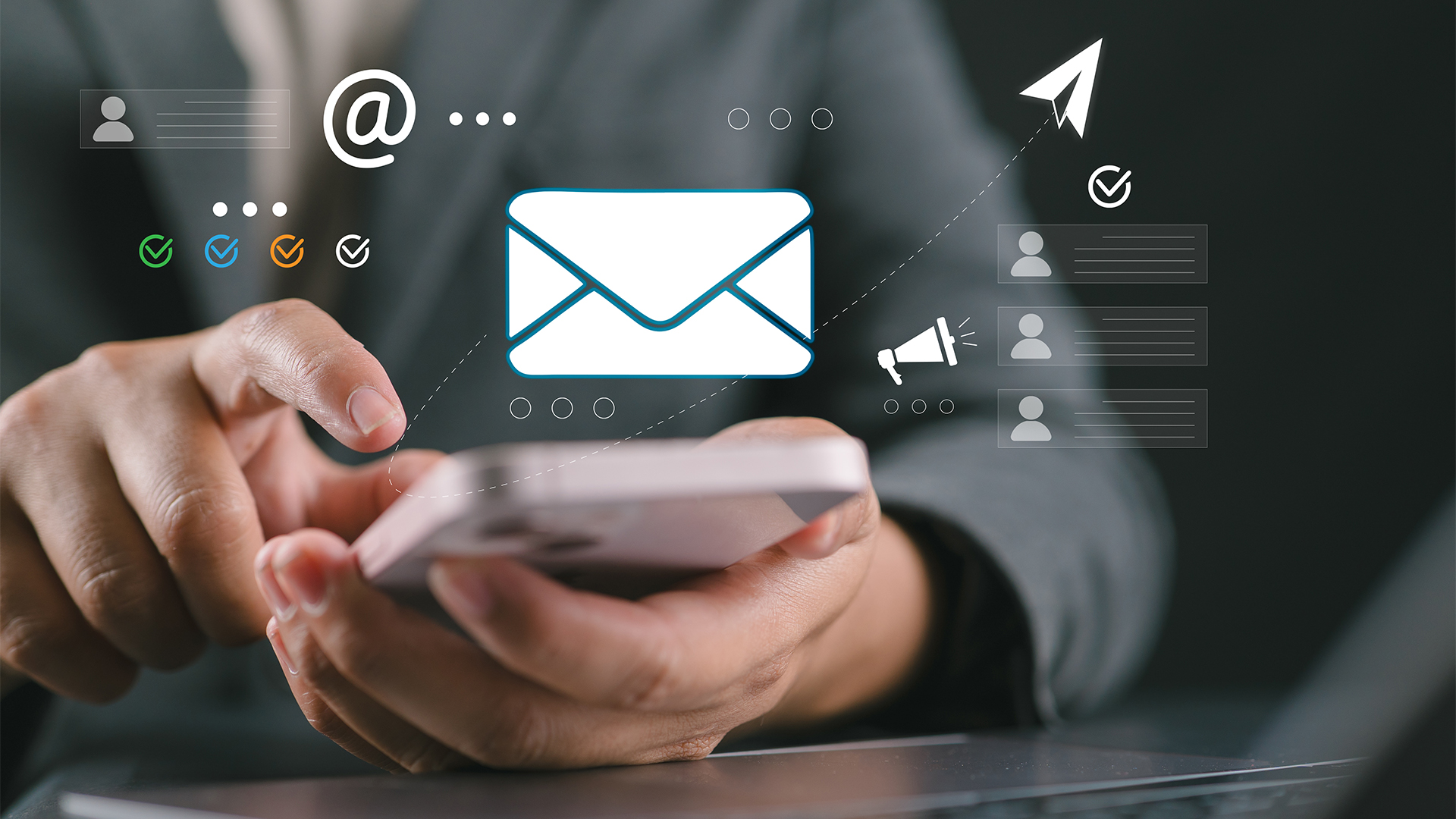
Artificial intelligence is changing how businesses connect with their customers. Personalized marketing — a strategy that tailors messages, offers and experiences to individual preferences — is now an expectation. Thanks to AI, companies can now deliver highly targeted and relevant experiences that resonate deeply with each client. This new marketing era promises increased engagement, loyalty and conversions, but also requires a thoughtful approach to technology and ethics.
How AI Enables Personalized Marketing
AI’s strength lies in its ability to process massive amounts of data and identify patterns humans can’t see. AI builds detailed, evolving customer profiles by analyzing their behavior across multiple channels, including online browsing, purchase history, social media engagement and even offline interactions. This deep understanding enables marketers to predict needs, preferences and future behavior.
For example, Netflix uses AI algorithms to analyze viewing habits, watch duration and user ratings, curating personalized content recommendations that keep viewers engaged. Similarly, retailers employ AI to suggest products a customer will likely buy based on previous purchases, browsing patterns and even trending items within similar customer segments.
AI also powers real-time personalization. For example, a website’s homepage content can dynamically shift to highlight products or promotions uniquely relevant to the visitor — this is AI-driven content optimization. It extends to email marketing, digital ads, mobile notifications and chatbots, ensuring every touch point feels customized and relevant.
3 Practical Strategies for Using AI in Personalized Marketing
Businesses need more than just the right tools to fully embrace AI’s marketing potential. The following strategies can help them turn raw customer data into personalized experiences that engage, convert and build lasting loyalty.
1. Analyze Customer Data Thoroughly
The foundation of AI-driven personalization is data. Companies can start by collecting data ethically from multiple touch points, including purchase history, browsing behavior, demographic information and social media. They can then employ AI tools such as machine learning algorithms and natural language processing to analyze this information. These technologies can detect subtle trends and predict future behaviors.
- Use clustering algorithms to segment customers into micro-groups based on interests and purchasing habits.
- Leverage sentiment analysis to understand how customers feel about brands or products.
- Predict churn risk and lifetime value, allowing for targeted retention campaigns.
2. Automate Marketing Campaigns With AI
AI-powered automation takes personalization to scale. AI can design, schedule and deploy marketing campaigns across channels without manual intervention. The system can adapt messaging, timing and delivery methods to maximize engagement.
AI is becoming such a core part of business strategy that as much as 32% of CFOs are now working with an external vendor to build or access generative solutions. This shows that organizations view AI as a long-term investment that spans multiple departments, from finance to customer engagement.
- Implement AI-driven email marketing platforms that personalize subject lines, content blocs and send times.
- Use chatbots that provide tailored recommendations and instant customer support, improving conversion rates.
- Automate retargeting ads that dynamically adjust based on the user’s interaction history.
3. Optimize Content for Maximum Impact
Content is only king if it connects. AI tools can optimize marketing content by analyzing which messages perform best with different customer segments. These insights can inform creative decisions, from headline selection to visual elements.
- A/B test AI-generated content variations rapidly to find winning formulas.
- Use predictive analytics to determine the best channels and times to deliver content.
- Employ AI to customize landing pages dynamically, showing content and offers most relevant to the visitor.
Ethical Considerations in AI-Driven Personalization
As powerful as AI is, it raises critical ethical issues that marketers must address to build trust and avoid harm.
Data Privacy and Security
Customers must be informed transparently about what data is collected and how it’s used. Compliance with laws such as the General Data Protection Regulation is nonnegotiable. Protecting information from breaches is equally vital.
Bias and Fairness
AI systems reflect the information they’re trained on. If the training data contains biases, such as underrepresenting certain demographics, AI outputs may unfairly discriminate, sometimes more than humans. Marketers should regularly audit AI models for bias and use diverse, representative datasets.
Transparency
Brands should disclose when AI is involved in interactions, such as chatbots or personalized recommendations, and provide options for customers to control the degree of personalization they receive.
Consent and Opt-Out Options
Respecting customer preferences means allowing users to opt out of data collection or personalized marketing efforts without losing access to essential services.
Thriving in the AI-Powered Marketing Era
AI is fundamentally changing personalized marketing by enabling businesses to deliver highly relevant, targeted experiences at scale. Through detailed data analysis, automated campaigns and content optimization, marketers can deepen customer connections, driving loyalty and revenue.

















